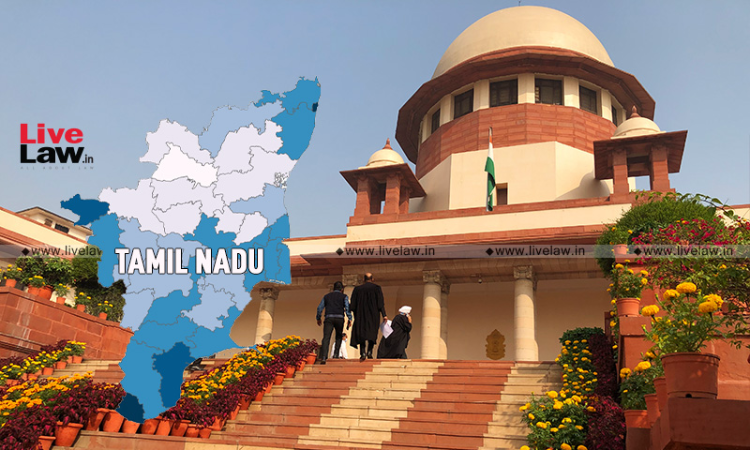The Supreme Court on Thursday held the 2021 Tamil Nadu Act that provided 10.5% reservation in educational institutions and government jobs for the Vanniyar community out of the 20% reservation available to the Most Backward Classes to be unconstitutional.The Court upheld the Madras High Court order quashing Tamil Nadu law ("2021 Act"), the Court held that the State had the legislative...

